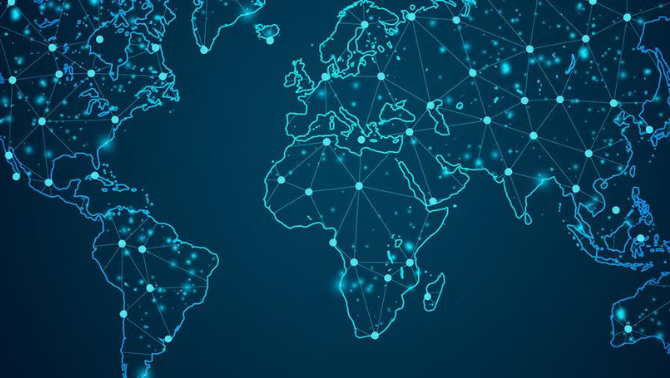
Business Travel Is Changing Fast, and AI Is Driving The Disruption
We can all feel it, and with every new day we’re experiencing it. Artificial intelligence is rapidly taking hold in the travel industry, and vendors, travel management companies and users alike are all quickly adopting the latest in technology to help drive efficiency and productivity.
About Flight Centre Travel Group
The Flight Centre Travel Group is one of the world’s largest travel retailers and corporate travel managers. The company, which is headquartered in Brisbane, Australia, has company-owned leisure and corporate travel business in dozens of countries, spanning Australia, New Zealand, the Americas, Europe, the United Kingdom, South Africa, the United Arab Emirates, and Asia. ASX listed Flight Centre Travel Group (FLT) also operates the global FCM corporate travel management network, which extends to more than 100 countries through company-owned businesses and independent licensees, along with Corporate Traveller, the flagship business specific to the small-to-medium-sized enterprise sector. For more information, visit fctgl.com.





